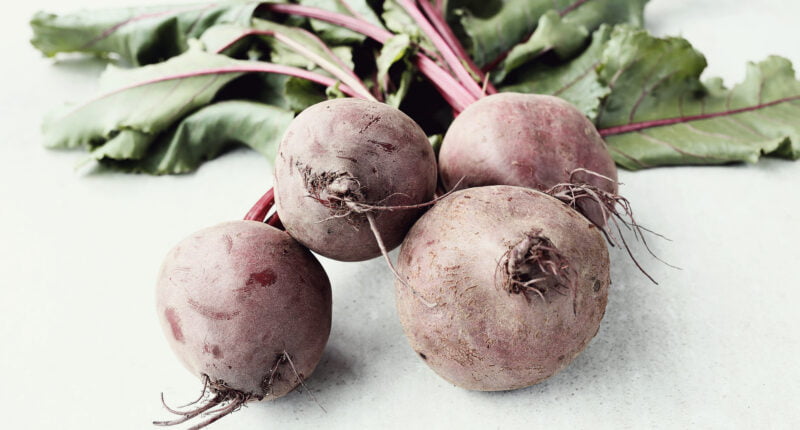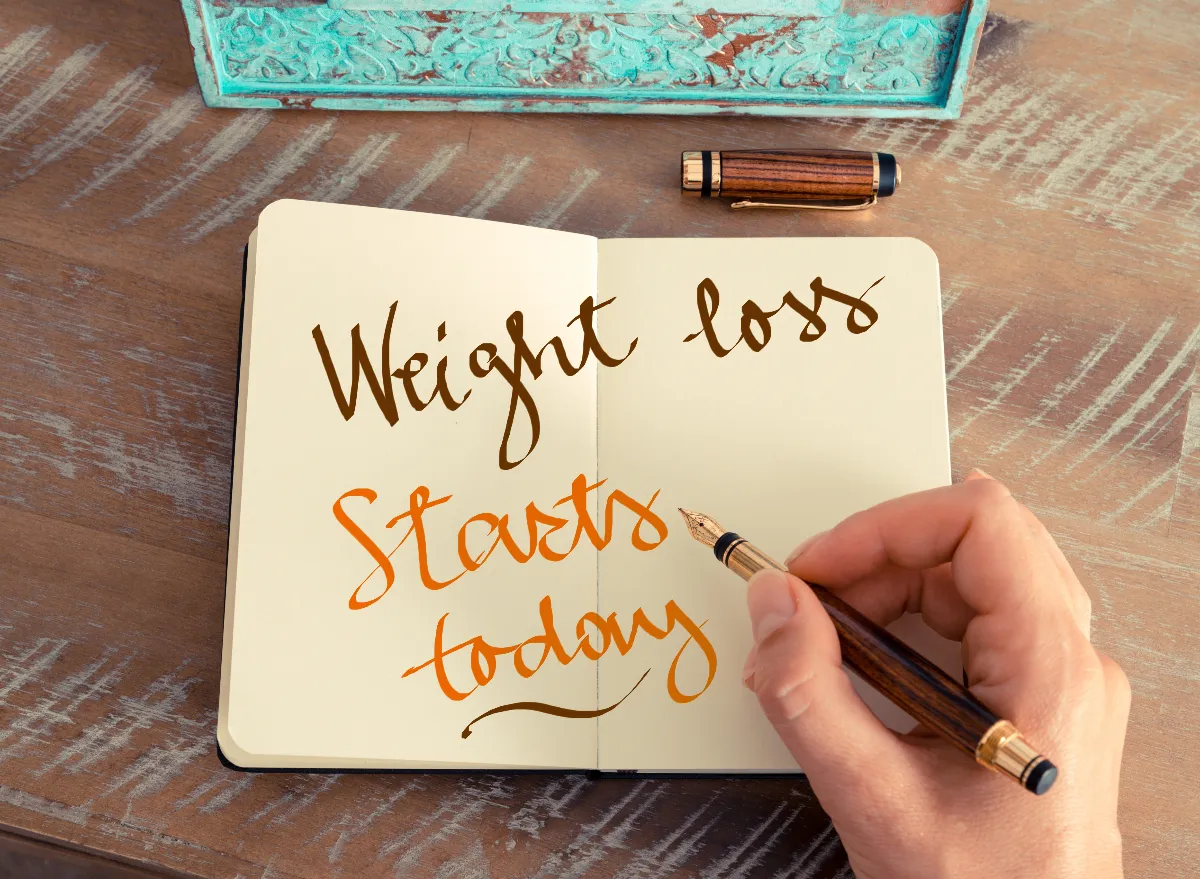Let’s find out “Do Beetroot Juice Side Effects Cause High Blood Pressure?” Beetroot juice has been gaining in popularity as a healthy food in recent years. But does it really live up to the hype?
Some people believe that beetroot juice can help lower blood pressure, but is there any evidence to support this claim? In this blog post, we will take a look at the science behind beetroot juice and its potential effects on blood pressure.
We will also explore some of the other potential side effects of drinking beetroot juice. So if you’re thinking about adding this healthy beverage to your diet, read on to learn more.
Table of Contents
What is Beetroot Juice?
Beetroot juice is one of the most popular vegetable juices on the market. It is made by juicing beets, which are a type of root vegetable. Beetroot juice has many health benefits, including the ability to lower blood pressure. However, there are also some potential side effects that you should be aware of before drinking it.
One of the most common side effects of beetroot juice is an increased heart rate. This is because beetroot juice contains high levels of nitrates, which are converted into nitric oxide in the body. Nitric oxide is a vasodilator, meaning that it relaxes and widens blood vessels. This can lead to a decrease in blood pressure. However, it can also cause an increase in heart rate, as your heart has to work harder to pump blood through your vessels. If you have a history of heart problems, or if you are taking medication for high blood pressure, you should speak to your doctor before drinking beetroot juice.
Another potential side effect of beetroot juice is stomach upset. This is usually due to the fact that beets are high in fiber. When you drink beetroot juice, the fiber can ferment in your stomach and cause gas and bloating. If you are prone to stomach issues, you may want to avoid drinking beetroot juice or start with a small amount and see how your body reacts.
Overall, beetroot juice is safe for most people to drink. However, there are some potential side effects that you should be aware of. If you have any concerns, speak to your doctor before drinking beetroot juice.
The Benefits of Beetroot Juice
Many people are unaware of the benefits of beetroot juice and its potential to improve overall health. Beetroot juice is rich in vitamins and minerals, including potassium, magnesium, calcium, and iron. It also contains nitrates, which have been shown to lower blood pressure by relaxing blood vessels. Additionally, beetroot juice has been shown to improve athletic performance by increasing oxygen uptake and reducing exercise-induced muscle damage.
While beetroot juice does have some potential side effects, such as turning urine or stool red, these are generally not serious and go away after a few days. Overall, beetroot juice is a healthy addition to any diet and can provide numerous benefits.
The Side Effects of Beetroot Juice
If you’re thinking about trying beetroot juice, you may be wondering if there are any side effects. Beetroot juice is generally safe to drink, but there are a few potential side effects to be aware of.
One of the most common side effects of drinking beetroot juice is an increase in blood pressure. This is because beetroots contain high levels of nitrates, which your body converts into nitric oxide. Nitric oxide helps to relax and widen your blood vessels, which can lower blood pressure. However, if you have high blood pressure to begin with, it’s important to speak to your doctor before drinking beetroot juice, as it could potentially make your condition worse.
Another potential side effect of beetroot juice is an upset stomach or diarrhea. This is usually only a problem if you drink too much beetroot juice at once or if you’re not used to drinking it. If you do experience digestive issues after drinking beetroot juice, try reducing the amount you drink or diluting it with water or another fluid.
Overall, beetroot juice is safe for most people to drink. However, if you have any existing health conditions, it’s always best to speak to your doctor before trying anything new.
Do Beetroot Juice Side Effects Cause High Blood Pressure?
Beetroot juice is often touted as a superfood, and for good reason. It’s packed with nutrients like vitamins A and C, potassium, and fiber. But what about beetroot juice side effects?
Though beetroot juice is generally considered safe, there are a few potential side effects to be aware of. One of the most common is that it can cause your urine or stool to turn red or pink. This is harmless and will go away after a day or two.
Another potential side effect is that beetroot juice can lower your blood pressure. This is generally considered a good thing, but if you already have low blood pressure, it could cause you to feel dizzy or lightheaded. If this happens, stop drinking the beetroot juice and see your doctor.
Finally, some people report feeling an increase in energy after drinking beetroot juice. While this can be a positive side effect for some people, others may find it difficult to sleep if they drink it too close to bedtime. If you’re sensitive to caffeine, it’s best to avoid beetroot juice altogether.
Also Read: Beetroot Juice Side Effects: Nutritional Value & Find Out When To Avoid Drinking It
Are There Any Risks Associated with Drinking Beetroot Juice?
Beetroot juice is generally considered to be a healthy drink with many health benefits. However, there are some potential risks associated with drinking beetroot juice, especially for people with certain medical conditions.
One of the most well-known risks of drinking beetroot juice is that it can cause high blood pressure. This is because beetroot juice contains high levels of nitrates, which can convert into nitrites in the body and cause the blood vessels to dilate, leading to increased blood pressure. While this effect is usually only temporary and not harmful for healthy individuals, it could be dangerous for people with pre-existing hypertension or other cardiovascular problems.
Another potential risk of drinking beetroot juice is that it could worsen kidney function in people who already have kidney problems. The high levels of potassium in beetroot juice can put extra strain on the kidneys and make existing problems worse. Therefore, it’s important for people with kidney disease to talk to their doctor before drinking beetroot juice or adding it to their diet.
Lastly, pregnant women should avoid drinking large amounts of beetroot juice as it could lead to an increased risk of miscarriage. This is due to the fact that beetroot juice can stimulate contractions in the uterus, which can lead to early labor or miscarriage. So, while a small glass of beetroot juice may be safe for most pregnant women, it’s best to avoid excessive consumption during pregnancy.
How to Make Beetroot Juice
Beetroot juice is high in nitrates, which your body converts into nitric oxide. Nitric oxide is a vasodilator, meaning it relaxes and widens your blood vessels. This can help lower blood pressure by making it easier for blood to flow through your vessels.
In addition to its potential effects on blood pressure, beetroot juice is also a good source of antioxidants and vitamins. It may help improve exercise performance and protect against some chronic diseases.
To make beetroot juice, you will need:
– 1 pound of fresh beets
– 2 cups of water
– 1/2 cup of freshly squeezed lemon juice
– A blender or juicer
Wash the beets thoroughly and cut off the leaves. Peel the beets if desired, then chop into small pieces. Add the beets, water, and lemon juice to a blender or juicer and blend until smooth. Enjoy immediately or store in a sealed container in the fridge for up to 3 days.
Conclusion
Nor does beetroot juice have any significant side effects, other than the possibility of causing high blood pressure in some people. If you have hypertension or are at risk for it, you should probably avoid drinking beetroot juice. Other than that, there aren’t really any other risks associated with drinking this healthy and delicious juice. So go ahead and give it a try!
Also Read: How Good Or Bad Are Pistachios For Your Health? Nutrition, Benefits, Risks, & Preparation










